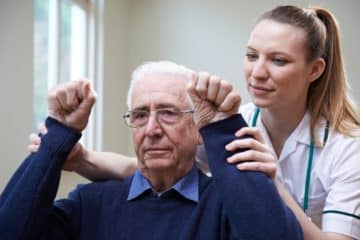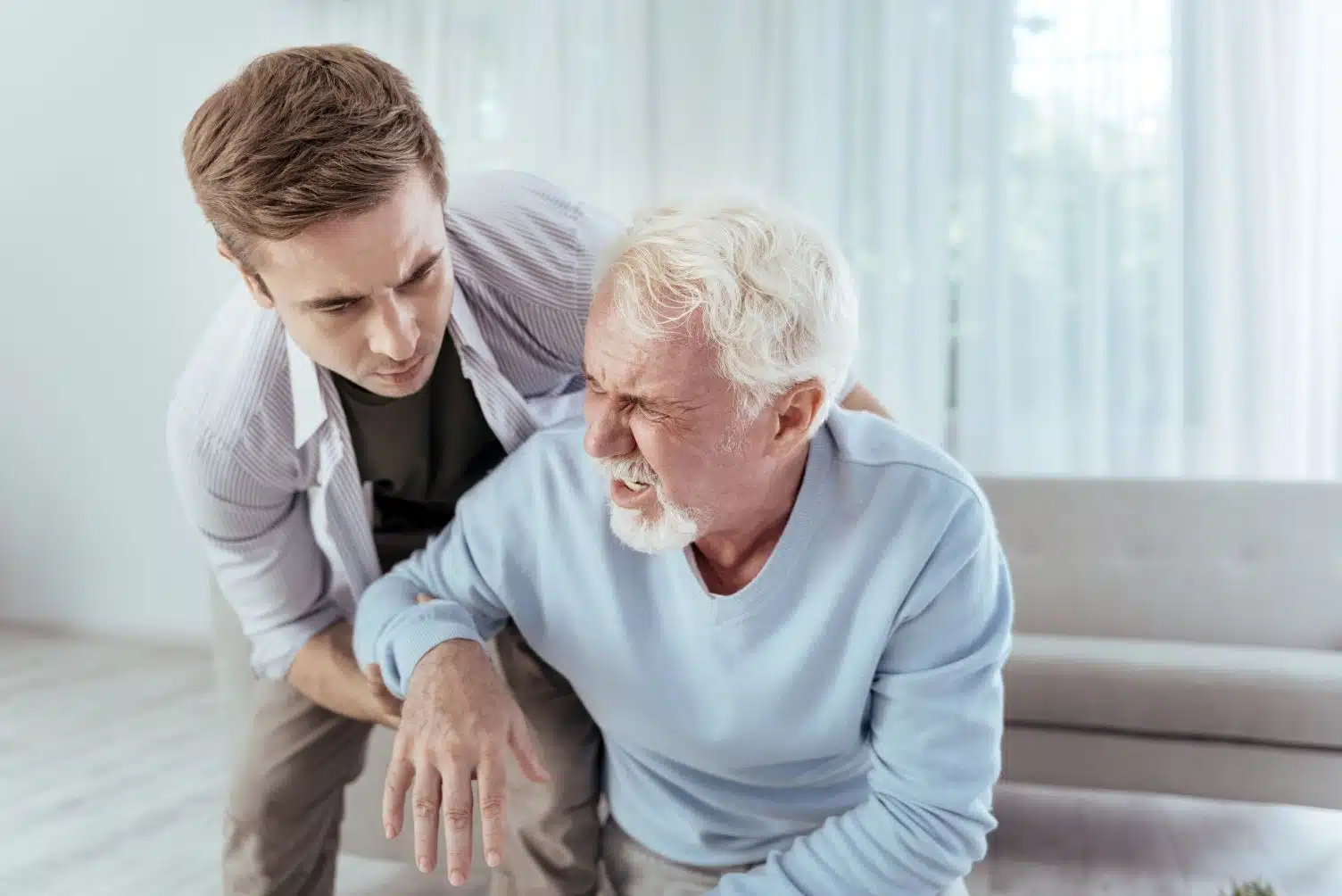Knowing how to respond in the face of a medical emergency is crucial, especially when you’re dealing with a stroke. Having a stroke is a dreadful experience and can leave the victim in a heap of distress. In a worst-case scenario, it can also cause paralysis—making life more difficult for the patient.
The symptoms of a stroke vary from person to person. Some signs are more evident than others. Before their condition gets worse, you should do the following:
Call 911
When you see someone who’s experiencing stroke symptoms, it's best to call 911 immediately. Time is of the essence when dealing with a stroke patient. This is why you should never hesitate to call the emergency in times like these. You should call at the earliest signs of stroke to avoid putting them at a greater risk.
Sometimes, there may even be signs or symptoms that you aren’t familiar with. When a family member or anyone tells you that they’re not feeling well, you should never ignore them. Call 911 or get them to the nearest hospital, whichever is faster, especially when they have been diagnosed with this kind of illness previously.
One has to undergo medical training and get certified in ACLS or PALS to become emergency responders. You must trust them completely in handling these kinds of situations. They also know how to administer first aid treatment—so never hesitate to call them during a stroke emergency.

Take Note Of The Symptoms
Aside from calling 911, you should also remember the time when the symptoms manifested. Stroke causes the brain tissues to die by depriving them of oxygen. Thus, four minutes after the first symptom appears, the stroke will become more severe.
Moreover, if you call a medical team as soon as possible, they will give the patient a tissue plasminogen activator (TPA) or a clot-busting drug. This drug is only effective within the first four hours after the onset of stroke. This is why the faster they treat the patient, the more chances for the treatment to be effective. Plus, these medical practitioners already know the hs and ts or the common causes of cardiac arrest to prevent overlooking any possibilities that can harm the patient.
If you're unfamiliar with the symptoms of stroke, remember the word FAST in mnemonics, which means:
- F - ace drooping. A stroke will make the person's smile uneven and his face will feel numb, causing the face to droop on one side.
- A - rm weakness. A stroke patient cannot lift an arm. It will also feel numb, making it almost impossible to move.
- S - peech difficulty. The patient’s speech will be slurred and inaudible.
- T - ime to call 911. Calling 911 is the first thing you should do, as mentioned above.
Perform CPR
When the person falls unconscious while waiting for the responders to arrive, it's best to perform CPR. First, you should check the patient’s breathing and heartbeat. If they're not breathing and their heart stopped beating, you can immediately perform CPR. However, make sure that you know how to do it.
You need to do the following before performing CPR:
- Move the person in the recovery position.
- Tilt the person's head slightly backwards.
- Lift the patient’s chin.
- Check for chest movement and breathing sounds.
- Feel the person's breath.
Once you confirm that there are no signs of heartbeat and breathing, then you can proceed with the CPR. You can do this while waiting for the responders to arrive.
Conclusion
Helping a person who’s having a stroke can be difficult as it may involve emotional distraught, especially if you know the person. However, thinking straight and acting fast will help save their lives. As discussed earlier, remember the word FAST in determining stroke symptoms. Call 911 immediately so they can send you a medical team as quickly as possible.
Additionally, take note of the symptoms so you can report the same to the responders. This way, you can help them determine the right treatment for the patient. You may also perform CPR while waiting for the responders as long as you know how to. If not, ask for help from people around who might know some first aid basics. Try not to panic in times of medical emergencies, so that the patient will also stay calm while waiting for the ambulance.

Isreal olabanji a dental assistant and public health professionals and has years of experience in assisting the dentist with all sorts of dental issues.
We regularly post timely and trustworthy medical information and news on Fitness, Dental care, Recipes, Child health, obstetrics, and more.
The content is intended to augment, not replace, information provided by your clinician. It is not intended nor implied to be a substitute for professional medical advice. Reading this information does not create or replace a doctor-patient relationship or consultation. If required, please contact your doctor or other health care provider to assist you to interpret any of this information, or in applying the information to your individual needs.


